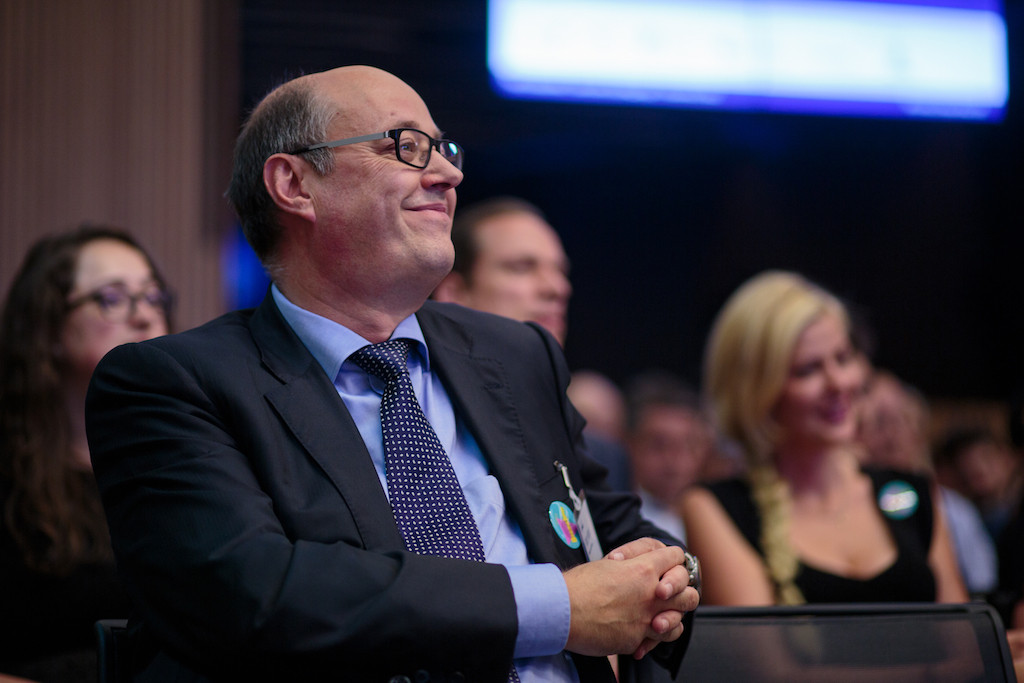KPMG’s audit service brought in €98 million, up 8% from 2017, while revenue from its advisory function grew by 13% to stand at €62 million and tax services rose by 4% to €55 million.
The firm says it attributes its growth to having a clear focus on three key elements for a sustainable future, namely smart alliances, cutting-edge technology and empowered people. “As the momentum builds around digitalisation, so too does our agility, our expertise and our dedication to providing the solutions that will survive this era of transformation,” KPMG managing partner Philippe Meyer told the media at a briefing on Tuesday morning.
Indeed, the firm’s focus on technology as head of advisory Pascal Denis explained, technology is integral in helping KPMG clients transform their future. He cites a recent alliance with Governance.com as “a prime example of how we’re working together as partners to build the technology that allows our clients to outsource regulatory, compliance, risk and tax reporting for funds.” Combining such technology with what Denis calls the firm’s “brainware” creates local alliance that KPMG Luxembourg can bring to its global clients, thus showcasing the “best of what exists in Luxembourg”.
Sébastien Labbé, head of tax, said that a new platform built by KPMG Luxembourg using state-of-the-art blockchain technology could help cut some of the €50 billion that goes missing annually in the EU as a consequence of VAT fraud. VAT DLT takes the current disjointed network of processes and puts it on a single, secure system. “Before the transaction is carried out and before the invoice is issued, this allows all the players to validate the transaction. The buyer, the seller and also the VAT authorities would have access to all the information they need. The technology also allows the tracing and labelling of all cash flows and payments performed on the platform, making VAT fraud almost impossible, Labbé explained.
The focus on technology does not mean KPMG is neglecting its human resources. As Emmanuel Dollé, head of audit, says, the firm fosters “an environment where employees are encouraged to invent solutions, and even new tools.” He cited the launch this year of an innovation hub which encourages employees and teams to suggest ideas for new solutions and tools. A steering committee consisting of one representative per industry sifts through proposed projects to see which make sense and are feasible to develop further for the benefit of the whole firm, Dollé explains. “As we launched in 2018 we started more on quick wins, and projects that we can quickly and easily implement.”
Philippe Meyer, too, stressed the “people” aspect. “Technology is integral to all our futures, but developing these capabilities is only possible because of the strong foundation built by our people and clients,” he said.
Meyer also addressed KPMG’s commitment to engaging with the local community and supporting local business and encouraging financial education. He cited the launch of the firm’s tax calculator tool and its work with Jonk Entrepreneuren, allowing high school students to “create their visions of the world and economy of the future” as examples.
